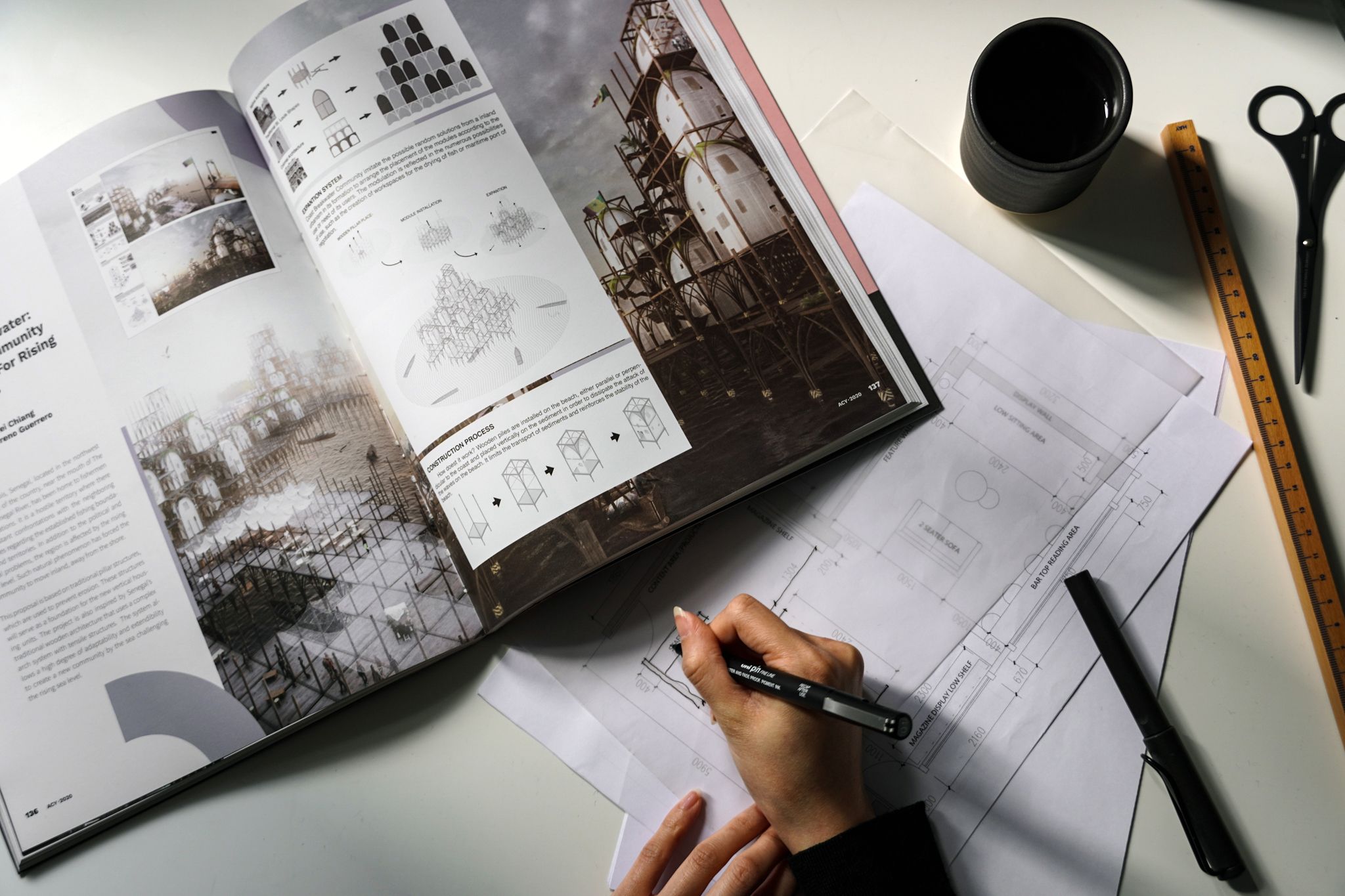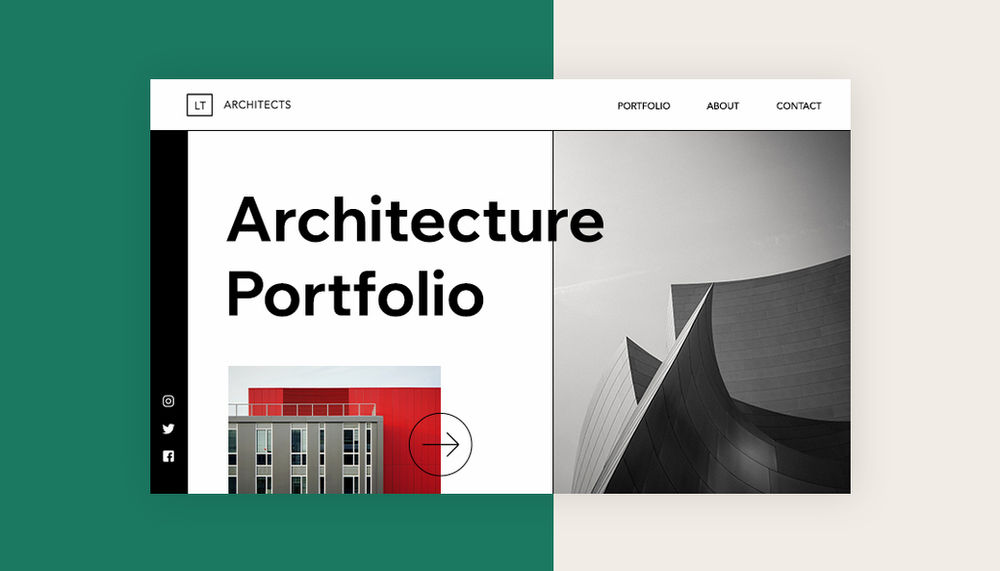Creating an Architectural Resume can be challenging when you are looking for a job, what is even more challenging is engaging in activities to improve your architectural skills. But it is an easy job when you break it down into steps! Whether you choose to build a resume from scratch or use Free Resume Templates for Architects, this article will help you create a vision of what to be included in your Architecture Resume, and more importantly, how to plan and take your resume to the next level.
What should be included in an Architecture Resume?
The contents of your Architecture Resume will differ according to the company’s activities and the position you are applying for. However, four things should be included in all Resumes: A Summary Statement, Educational Milestones, Work Experience, and a List of Your Skills.

-
Summary Statement
The summary statement is a brief of your strengths and efforts in the field. It tells the recruiter whether you might be a good match for the job you are applying for and encourages them to read through your resume; therefore, the summary statement should appear at the beginning of the resume. Summary statements should as well be specific and to the point, a maximum of five lines is generally accepted.
Your summary statement should be changed to fit the job you are applying for, to include relevant information and skills specific to this position. This shows a true interest in the job and increases your opportunities for getting it!
-
Educational Milestones
The Architecture Resume should include only the educational milestones that are relevant to the job you are applying for, and they should be written in reverse chronological order, so the recruiter sees the highest-level first thing. If you are a recent graduate and your work experience is limited, you can add the extracurricular activities you participated in – this includes volunteer work and the relevant workshops you were a part of. You can as well include any relevant awards you received.
Yet, if you graduated some time ago and worked in the field, your work experience will be much more convenient to the employer. Unless the previously mentioned details are exceptional, they should not be included in the Architecture Resume.
-
Work Experience
This section should be written in reverse chronological order as well, putting your most recent work experience first. Naturally, you will include the past employers and the dates and amount of time you worked there. You should also include a brief about the responsibilities you had in these jobs, especially the ones that are relevant to the job you are applying for.
If your experience is limited, you can use a “Functional Resume”, this type of resumes focuses on skills rather than a timeline of experiences.
-
Skills
If there is a set of skills specified by the employing company, your Architecture Resume should include these. In addition to the technical skills that are relevant to the position, or what is called ‘hard skills’, you might include the soft skills. These explain why, as a person, you are a match for this job. Critical and creative thinking, problem-solving, and leadership skills are all valued and needed skills in the workplace.
How Can I Improve My Architecture Resume?
The following 10 tips will help you take your resume to the next level and help you nail the job!
-
Be Daring
Think of all the Architecture that resembles an icon for people and you will understand the virtue of thinking outside of the box. Iconic architects thought beyond satisfying functionality requirements and tried something new and bold. For sure, the end-product will not always be successful, but the process itself will teach you and change your perspective.
-
Be in The Field

Contemporary Visual Culture Center, 2008 San Sebastián
Take your research and mood board to a new level and visit actual architecture. Architecture connects with us physically and stimulates our senses. Commute to a building, understand its urban context, experience circulation, and interact with the spaces – All these firsthand experiences are irreplaceable to strengthen your critical thinking skills.
-
Always Check What’s Trending
Architecture is always changing according to surrounding circumstances – it does not stand on its own, but it reacts with the community, technology, and even politics. Attend local events and see what pioneers are talking about. Knowing what is trendy helps you create a vision for the future, which is vital to your profession as an architect.
-
Be a Jack of All Trades
Especially at the beginning of your architecture career, try to learn as much as you can and be flexible to try new styles and methods. No Knowledge is ever wasted; be it the technological field or the more creative and free fields, all will keep you excited to try more in architecture, and the mere act of learning will enhance your self-learning process.
-
But Also, Master One!
Your first step to master a subject is Scientific Research. Be a part of a research group and participate in seminars. Research helps you deeply understand the facts behind a specific topic, it may even take you to the level of exploring the unexplored and inventing new methods – scientific contribution is highly valued in the Architecture Resume.
-
Volunteer

Courtesy of Habitat for Humanity
Check out the NGOs (non-governmental organizations) in your area and participate in the projects relevant to architecture. Being on-site and learning from people what they need shifts your perspective to what is important. Moreover, it helps you improve your technical skills and understand your area in terms of materials and building methodologies.
-
Create Connections
Try to maintain regular contact with others of the same interests. Being a part of social networks can help improve your profession. When you keep your connections updated with your recent works and achievements, you are marketing for yourself, and increasing the opportunities of collaboration or sharing information and services, including job opportunities.
-
Listen More, Speak More!

Participating in formal or informal discussion groups can improve your approach to architecture – discussions teach us how to ask questions and answer them smartly and innovatively. Listen to other people and try to understand their thinking patterns and speak boldly of your points of view. Learning to express our thoughts is an important skill in the architectural field.
-
Participate in Competitions

Courtesy of competitions archi
Participating in competitions helps you understand briefs and meet requirements, however with more freedom during the creative process. The mere act of participating in competitions helps you gain skills like teamwork, self-discipline, and leadership, which are essential in the Architecture Resume. Moreover, it is an opportunity to work with different cultures.
-
Create a Portfolio

Your Architecture Portfolio is the space to elaborate on the skills and projects mentioned in your Architecture Resume. You do not have to include all your works in the portfolio, only the finest ones and the relevant to the job application. Overall, your portfolio should be well organized and regularly updated. Most importantly, it should boldly express your architecture persona.

